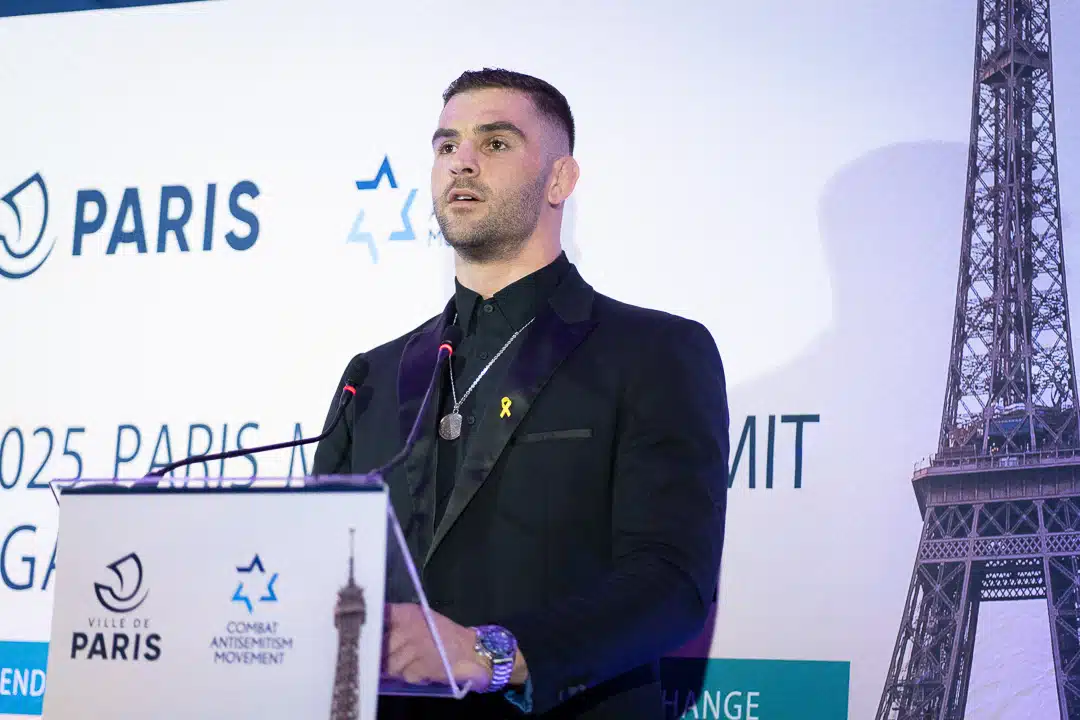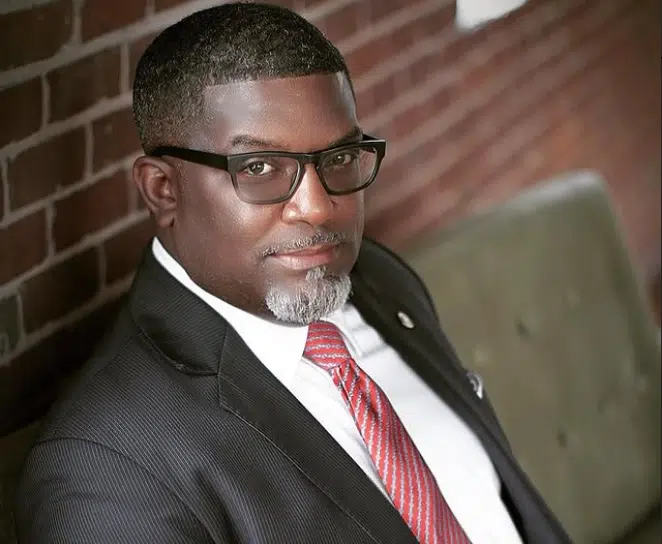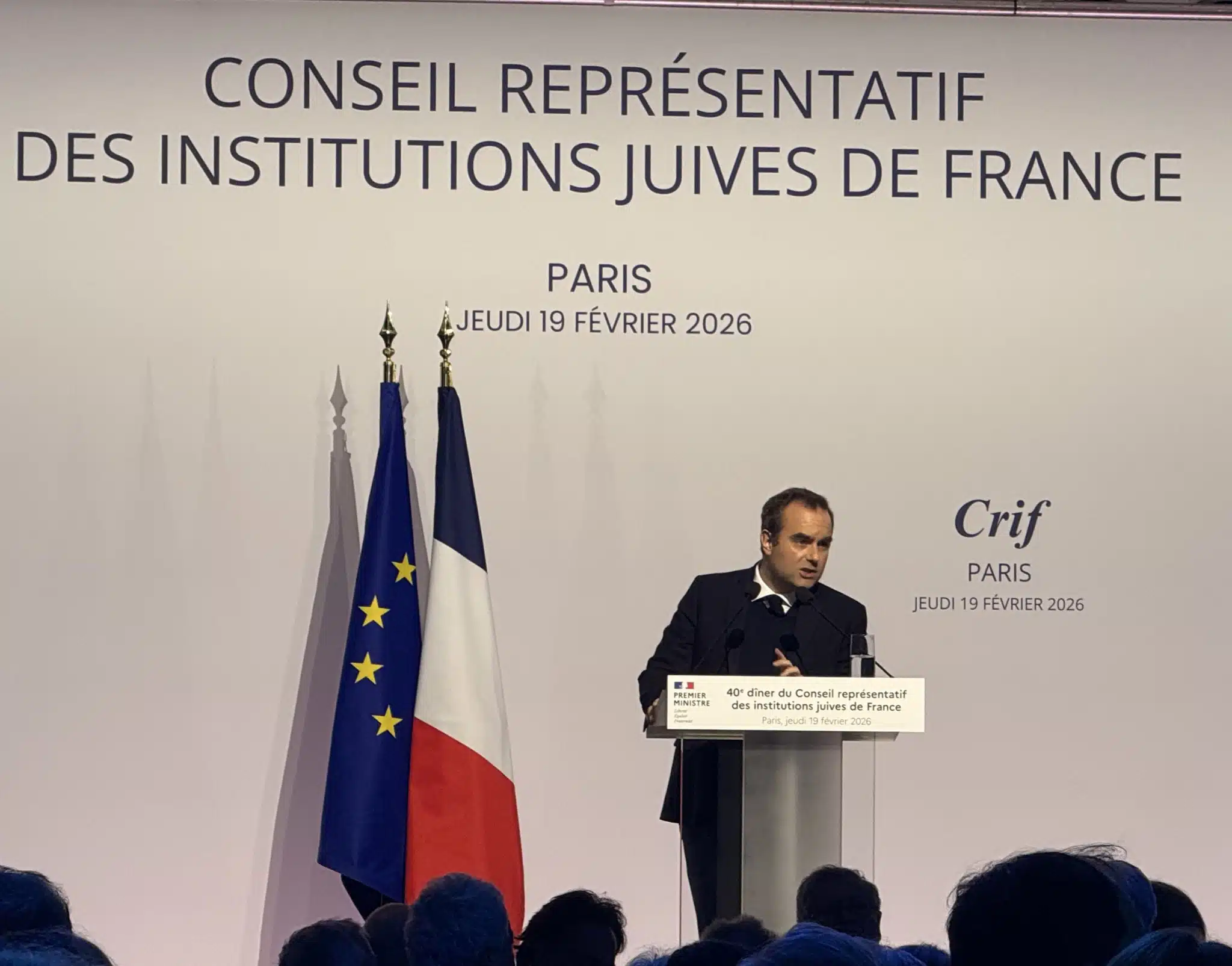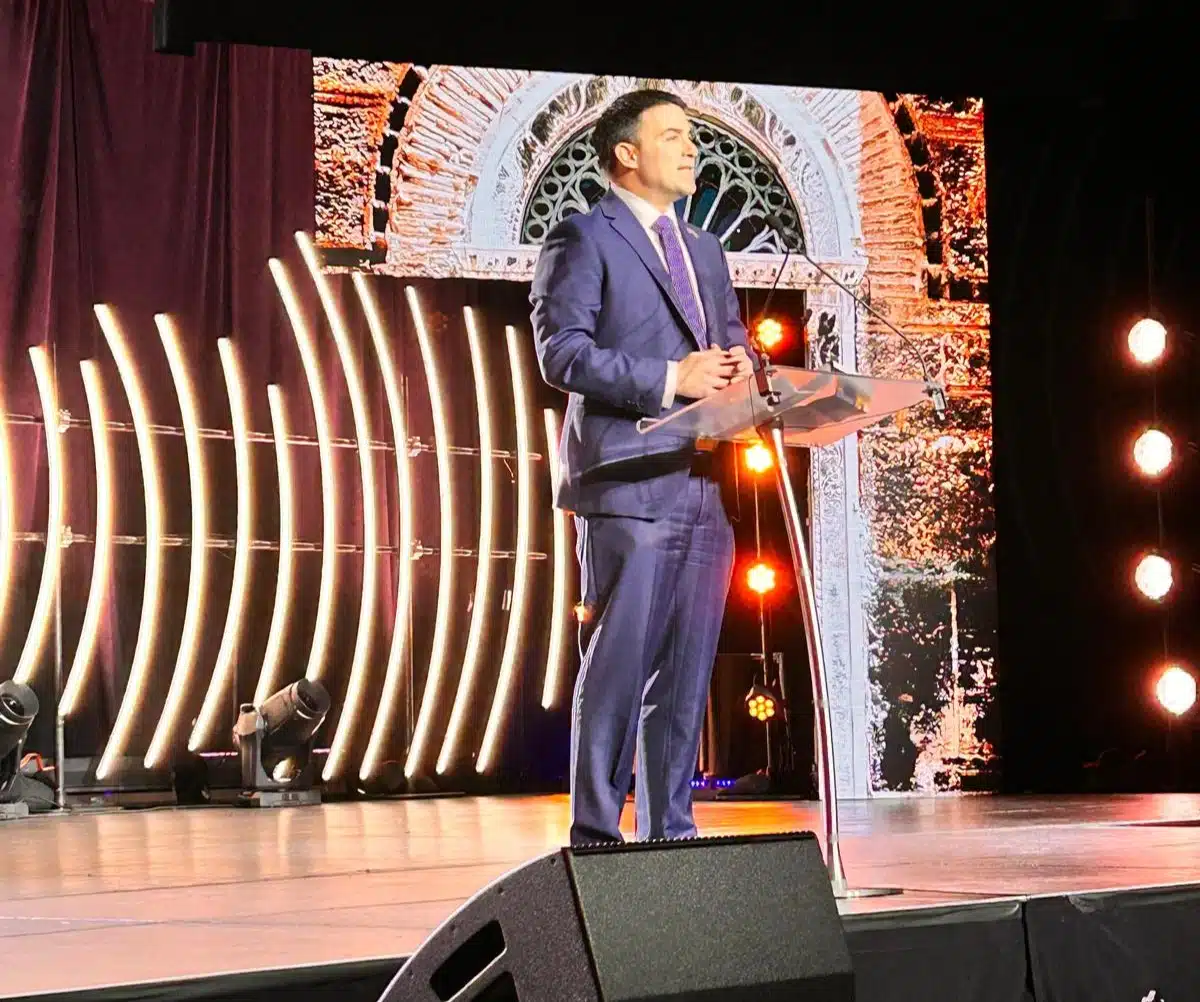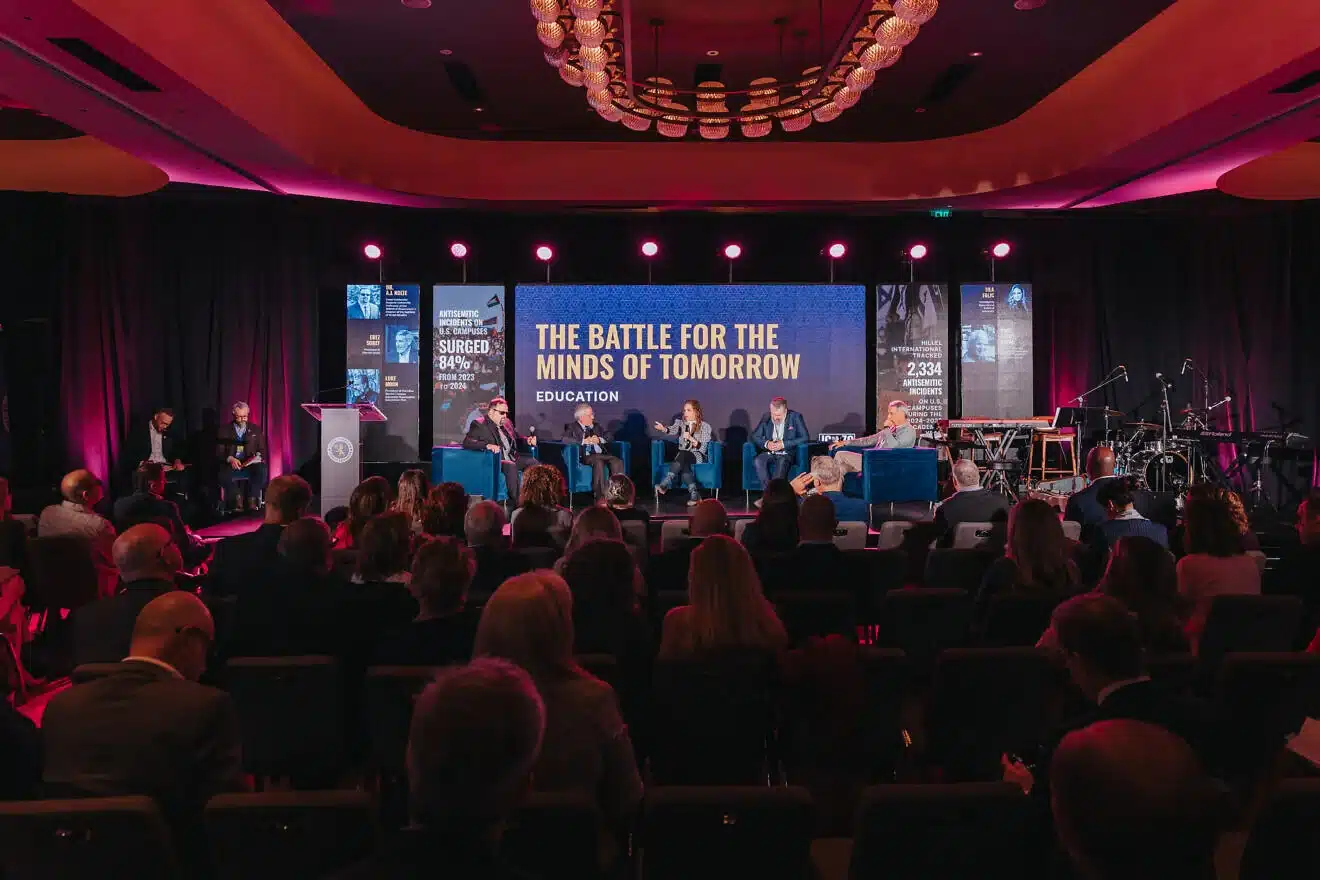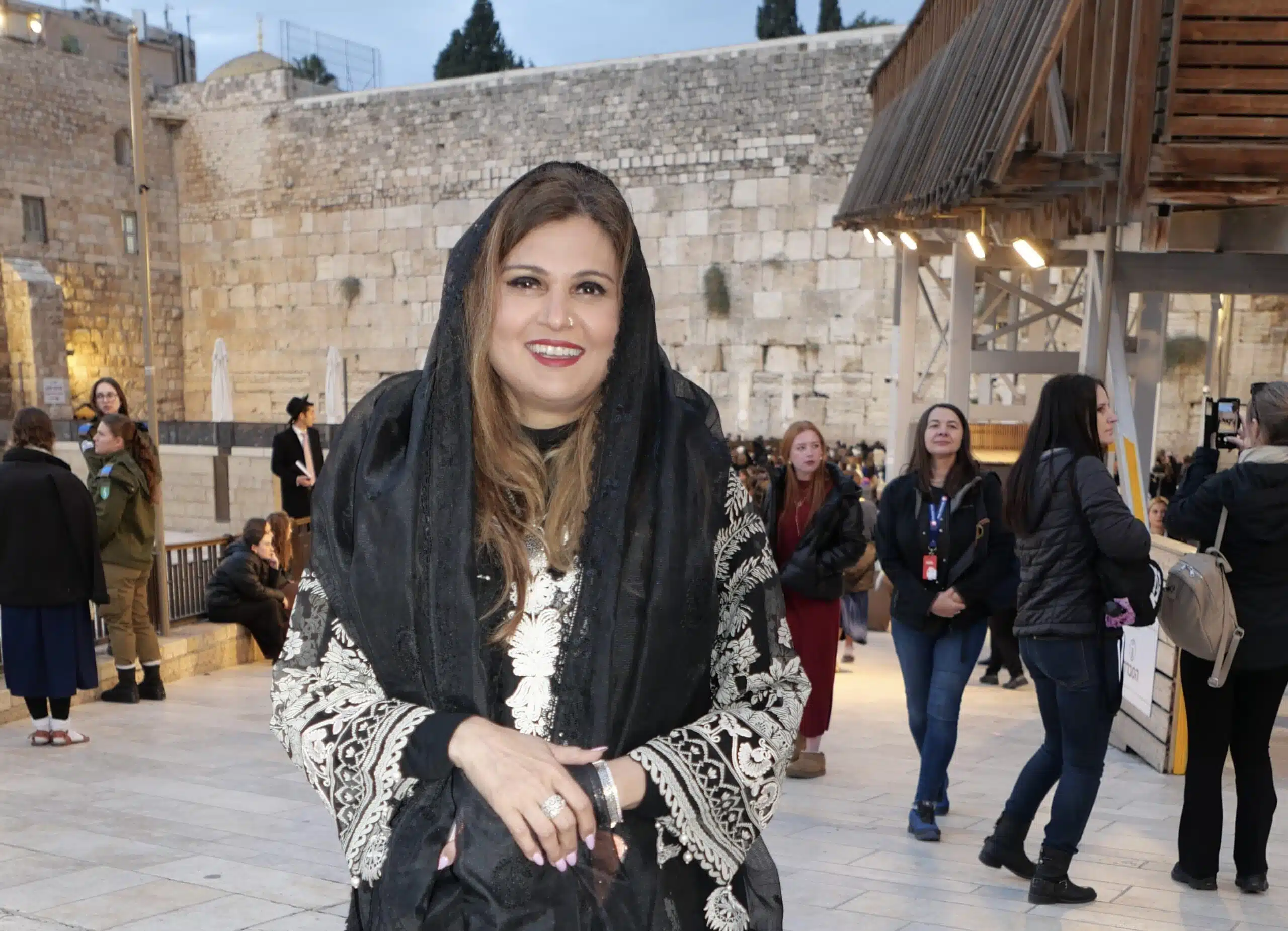

Jewish Communities Are Lynchpins in Strong, Free, Pluralistic Societies: The Director of JResponse Speaks to CAM
Mark S. Young is director of JResponse®, a signature program of JCC Association of North America that trains and deploys professionals from Jewish Community Centers and Jewish Community Camps (JCCs) to respond to natural and person-made crises. Originally developed in 2018 to deploy JCC professionals following natural disasters only, JResponse has expanded its scope during the last three years, in part, as anti-Semitic incidents in North America have increased. Tamara Berens at CAM spoke with Mark about the program’s goals and the effect of anti-Semitism on Jewish communities across America.
JResponse was conceived in the aftermath of Hurricane Harvey, which devastated parts of Texas and Louisiana in 2017. The Evelyn Rubenstein JCC in Houston, Texas, faced serious water damage as a result of flooding. It became evident that JCCs and their communities would greatly benefit from skilled help from peer JCCs when dealing with natural crises. “The idea is that JResponse would arrange for JCC professionals from peer JCCs to respond after a natural disaster—not necessarily as a first response, rather after the cameras have gone home and the spotlight has moved on, but the enormous need to help remains,” Mark explains.
JResponse’s first and most significant deployment, however, was after the Tree of Life synagogue shooting in Pittsburgh, Pennsylvania, in 2018. The traumatic loss of 11 lives in an anti-Semitic terror attack carried out by a white supremacist brought tremendous hardship and sorrow. “The JCC in Pittsburgh rose up to support the rest of the community, even as they, of course, were suffering as well.”
JCC communities from nearby Youngstown, Ohio, to far-away California came to help. “People said: ‘I’m here for you, let me give you a hug. It can be just as powerful after a person-made disaster as a natural disaster.’” In total, JResponse brought more than 60 JCC professionals from more than 40 JCCs to Pittsburgh to provide “social and emotional support and spiritual care”—in the fall of 2018, immediately after the attack, and in the winter of 2019 for the commemoration of the victims.
Pittsburgh was a turning point for JResponse. “It was the worst attack on the Jewish community in modern American history,” Mark says. “People experience trauma and loss whether the cause is a hurricane, a fire, or a tragic act of violence. JCC Association recognizes that a JResponse deployment has relevance and impact no matter what the trigger.”
The violence in Pittsburgh further illuminated the growing threat of anti-Semitism in North America—a problem that had been seen as dormant by many. “I’m a child of the 80s and 90s, and based on the way I lived, that time period felt like a golden era. I didn’t experience much anti-Semitism.” However, today Mark recognizes that anti-Semitism never really left American life. “It was just quiet. Over the last five or so years, anti-Semitism has begun to rear its ugly head again, once again becoming potent in our communities. The Jewish community needs to be strong, it needs to be secure, and it has many ways to support others when they are suffering.”
For Jewish communities across the continent, JCCs are a safe haven in the face of rising anti-Semitism. Perhaps they have always been. “You could argue that JCCs were created in response to anti-Semitism. Jews in the mid-19th century were not allowed in YMCAs, partially explaining why YMHAs, and later JCCs, were established.”
In recent years, anti-Semitism has changed JCCs in a variety of ways. “There is high-level security now. We experienced at least one shooting at a JCC in the last 20 years, and there were a series of bomb threats in early 2017. In response, JCCs further strengthened their security apparatus and readiness.” In 1999, there was a shooting at a Los Angeles JCC, and in 2014, one at the JCC in Overland Park, Kansas. But in times of hardship, JCCs are a source of comfort. “It’s always been a place where people of all faiths can feel comfortable. Before the pandemic (and we expect after it, too), one-and-a-half-million people walked into our JCCs every week, and half-a-million of them were people of other faiths or no faith; JCCs bring all types of people together and engage them in important dialogue.”
It’s a priority of the JCC Movement to stand with communities affected by anti-Semitism. In the aftermath of anti-Semitic attacks in Monsey, New York, and Jersey City, New Jersey, approximately 25 JCCs participated in the “No Hate No Fear” solidarity rally across the Brooklyn Bridge in January 2020. “We share with pride and determination that we are fighting anti-Semitism. We are educating the next generation about these tragedies, so they are equipped with knowledge and passion to ensure Jewish communities remain safe. If they know about it, they can prepare to respond to it.”
Ensuring Jewish communities remain safe means crisis preparedness is a priority. “Readiness is one of the 4 Rs of JResponse and highlights the need to prepare to respond to a crisis before one actually occurs.” Mark talks about the importance of cultivating relationships in the community so JCCs have partners to work with—police, fire departments, government entities, and churches, mosques, and other faith-based partners—when responding to crises. “The beautiful thing about Pittsburgh is that the entire community came to the Jewish community’s side, in part, because they developed those relationships and cared for each other.”
Physical security is equally important. “Are you taking steps that will help your community prepare physically so it can be strong and resilient if an attack actually happens?” A documented security plan is essential, Mark says.
As JResponse works to coordinate training and deployment that will aid Jewish communities in crisis after the pandemic, there are still things we can do to help today. What advice does Mark have for community members who want to take a stand against anti-Semitism?
“Be an active player in the conversation.” Mark believes that Jewish communities have the opportunity to create “not only a thriving Jewish community, but also a thriving society.” North American Jews play an important role in life in their communities, and they should do their part to engage with people of different faiths and backgrounds. “Feel like you are a part of the solution. Go to rallies, attend walks, sign on to educational webinars—all these things build resilience. I really believe Jewish communities, and JCCs in particular, are the lynchpins in strong, free, pluralistic, kind, generous societies.”
To learn more about JResponse go to www.jcca.org/JResponse or take a look at a recent video about their COVID-19 assistance to the community in Riverdale, New York.

